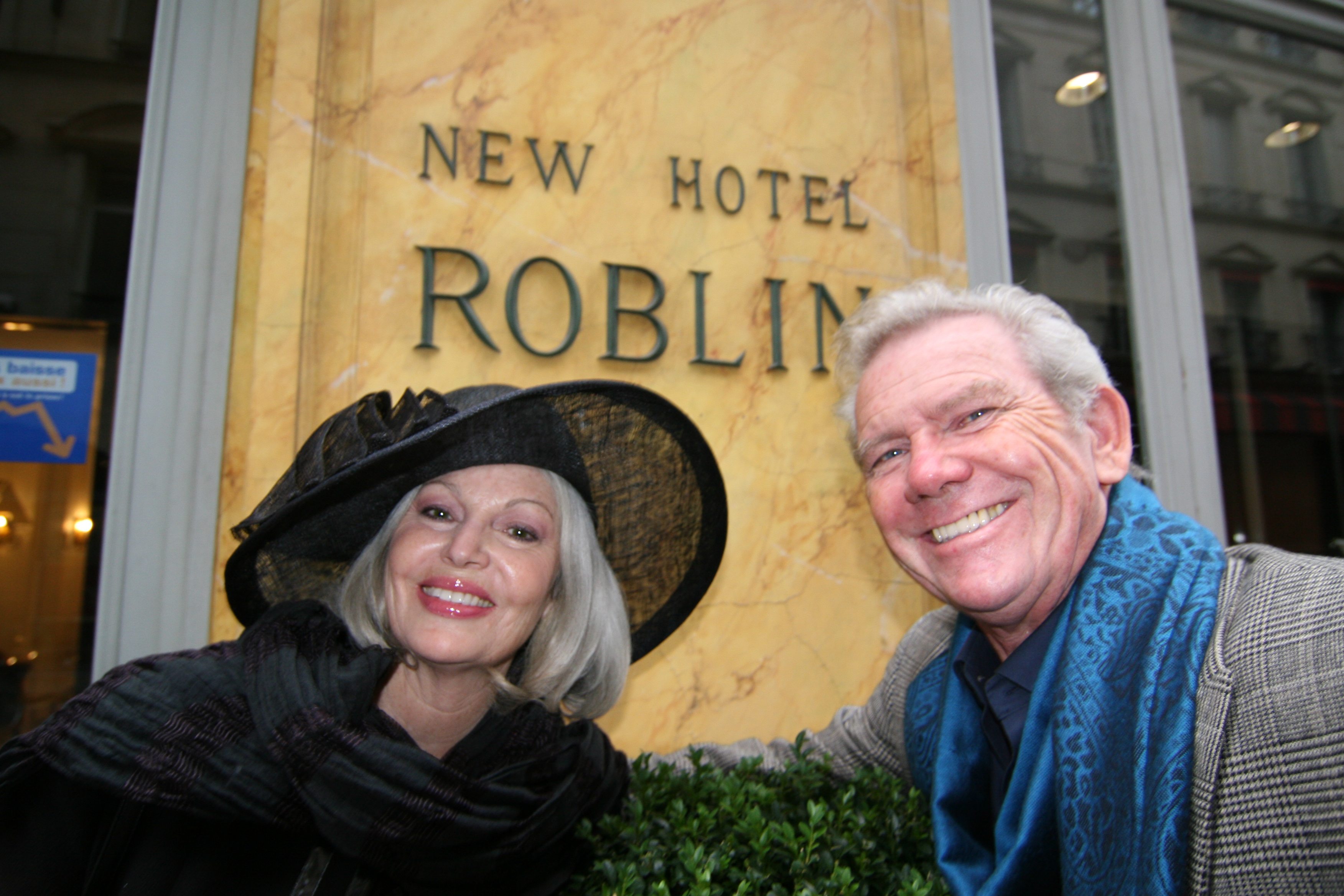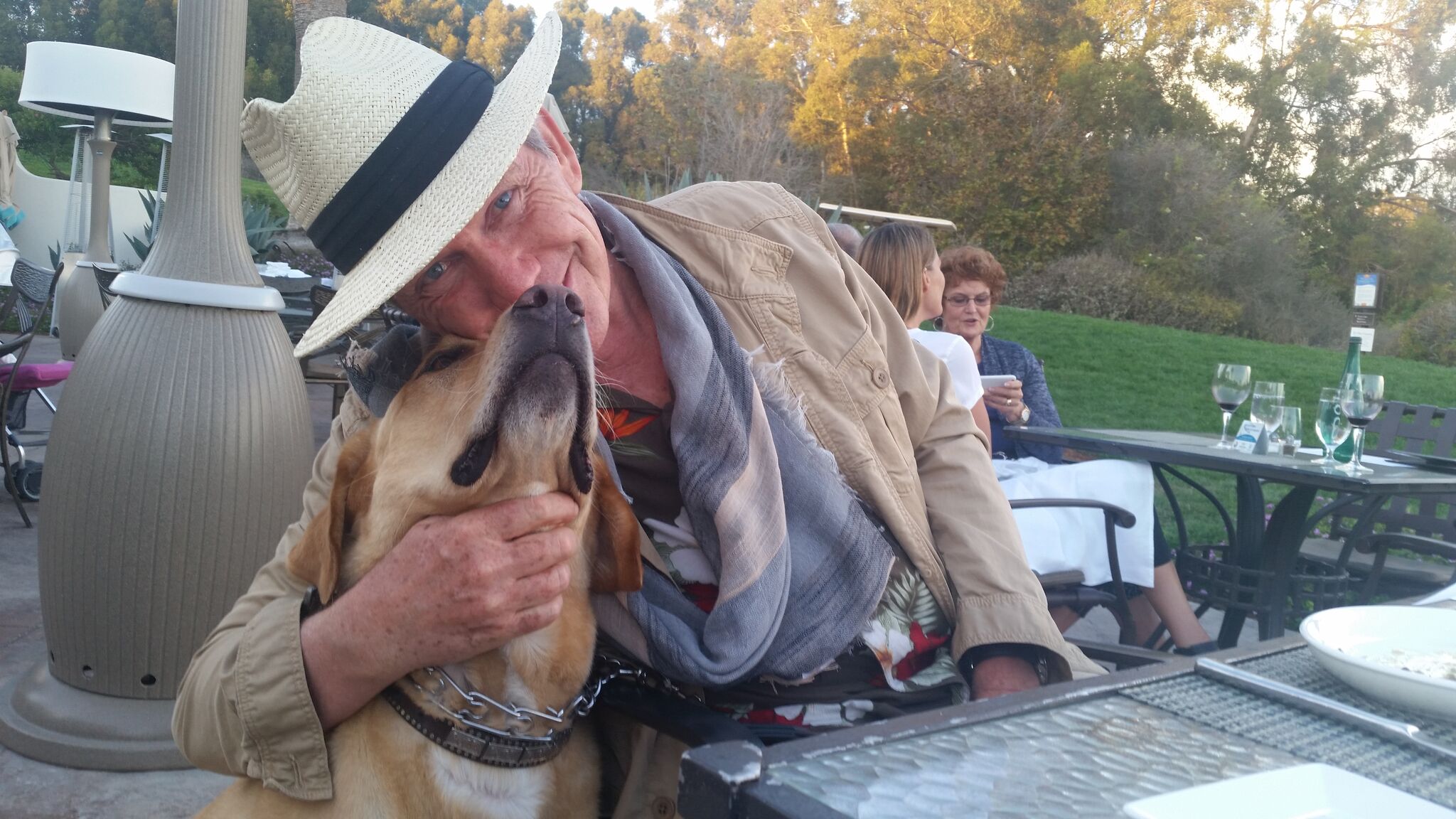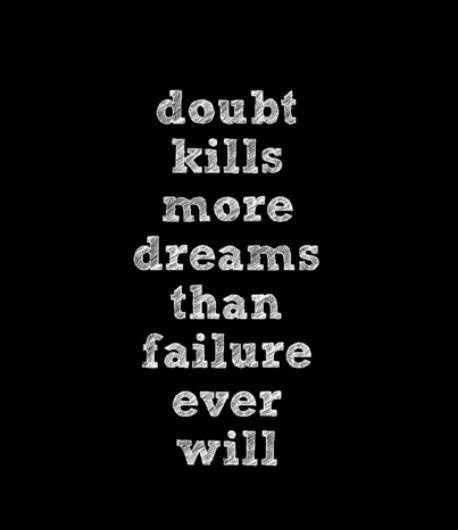Connected: Looking at love, death and technology in the 21st century
Courtesy of Marketplace

Tiffany Shlain, technophile and filmmaker, discusses her new documentary and what it means to be connected — technologically and emotionally.
Kai Ryssdal: It is, most of the time, great to be connected — to be able to reach somebody by text or get that nugget of information you need whenever you need it. The flip side, of course, is that other people can reach you, too. And there’s just so much information out there. Pretty much the definition of mixed bag.
Tiffany Shlain is a technophile to the core. She founded the Webby Awards, the Oscars of the Internet. She thinks about this stuff a lot and has put together a new film exploring what exactly it means to be so connected. It’s called, of course, “Connected.” It premieres in Los Angeles tomorrow. New York in a couple of weeks. Welcome to the program.
Tiffany Shlain: Nice to be here.
Ryssdal: This is a very big-idea film and I want to know where the idea came from that made you want to do it.
Shlain: Well, I think it came from running the Webby Awards for many years and thinking about how the Internet was changing the way that we lived. So, I know it was a very big subject. I think it was also growing up in my household, where my father Leonard Shlain wrote a lot about this stuff. My mom is a psychologist and talked about connecting this emotionally. So I think it was my upbringing and just what I did for my work for a long time.
Ryssdal: You know, it’s interesting you mention your upbringing and your dad because he obviously is a huge part of this film. But the subtitle, which I just noticed now as I sat down actually, was “An Autobiography About Love…”
Shlain: It’s actually “An Autoblography.”
Ryssdal: You’re absolutely right. See, I should have read it more closely.
Shlain: We made that word up.
Ryssdal: Here we go. It’s “An Autoblography About Love Death & Technology.” This is intensely personal. There’s your father’s passing and the birth of your daughter all wrapped up in your feelings about how this world is changing.
Shlain: Yeah, when I first set out to make the film, you know, the film took four years. And two years in, I remember sitting and watching a rough cut and having that sinking film when — I’m sure other filmmakers can relate to — I thought this isn’t working and I’m not connected to the material. And here my father had just been diagnosed with brain cancer and given nine months to live the same week I found out I was pregnant. And all I was doing was thinking about connection emotionally and I thought how could I be making a film about connectedness and not exploring emotional connectedness, which is where I think so much of our desire to connect through all of these technologies springs from.
Ryssdal: Do you think that emotional connection you had or developed I guess, through the mid-point of this film, do you think that influenced what I took to be the message out of this thing — which is that all of the connectedness that we’re having now is a net positive.
Shlain: I really hope to trigger a global conversation about connectedness in the 21st century. So I use a lot of history in the film where I show good and bad. So I really wrestle with it myself because I think there’s tons of potential. I personally, since I made the film, my family and I unplug one day a week — doing a technology Shabbat — because it was overwhelming me to be online 24/7, all the time.
Ryssdal: Do you still that?
Shlain: Oh yeah. It’s very profound for me and I highly recommend it. So as much as I am so excited about the potential of all the minds on the planet being connected and all those diverse ideas helping us tackle the biggest problems of our day, I think we also need to talk about when it’s not good to be plugged in.
Ryssdal: One of the things that you state explicitly, but not until an hour-something into this movie, is that it’s all about growth and expansion and more and more and more. And that’s kind of a conversation we’ve been having around here. How can you keep on growing — in our sense economically, but in your sense via connectivity — without it all collapsing under its own weight?
Shlain: Yeah, I feel like there needs to be, again, a discussion about why are we moving so quickly. I mean, the good news is that every time you get a text or email, you get a hit of oxytocin, which is the empathy hormone and love and bonding. But there’s something called the “infinite dopamine loop,” where even with information online you just keep walking more and more. It’s like sex, drugs and rock ‘n’ roll, which is also associated with dopamine. You get into this loop. And they’ve done studies where when you’re online searching for information that you just can’t seem to get enough. But that’s also the best part of being human is that we’re so curious. The reason I have hope is both because of our desire to want to connect and our curiosity. Those two things are going to continue to propel us forward.
Ryssdal: Yeah, this is ostensibly a film about technology, but it’s really about human beings. Shlain: That’s exactly right. Ryssdal: Filmmaker Tiffany Shlain. Her latest is called “Connected.” Thanks a lot.
Shlain: Thanks so much for having me.













